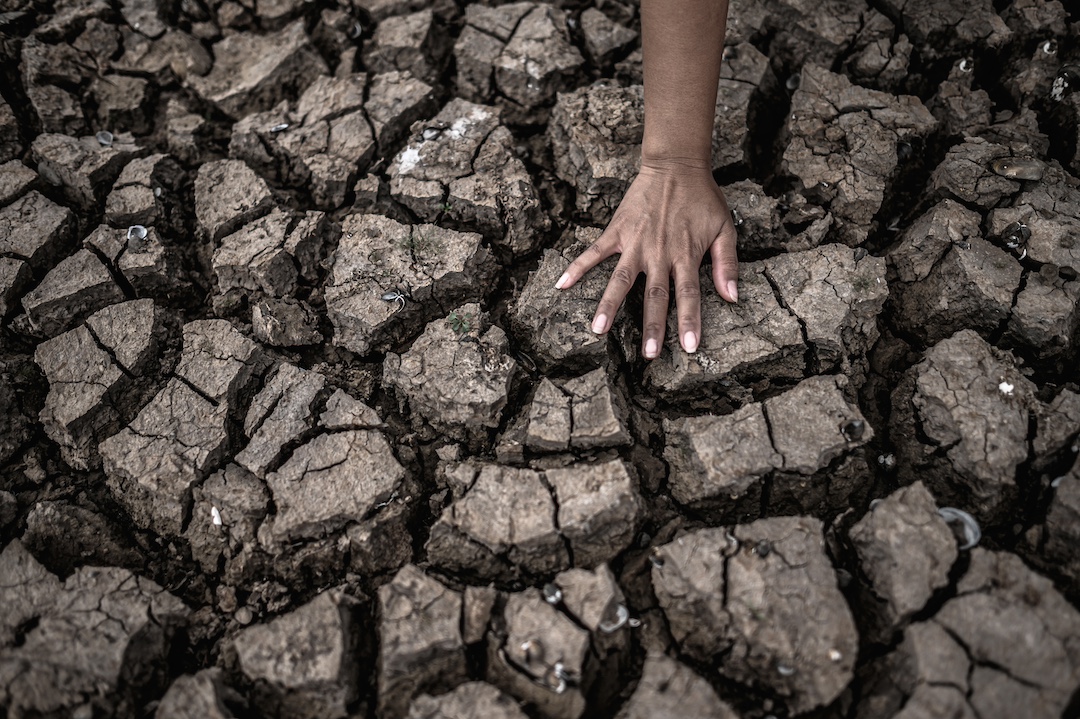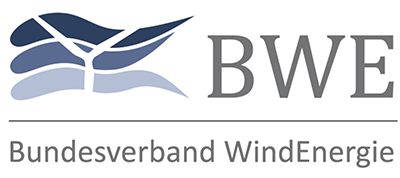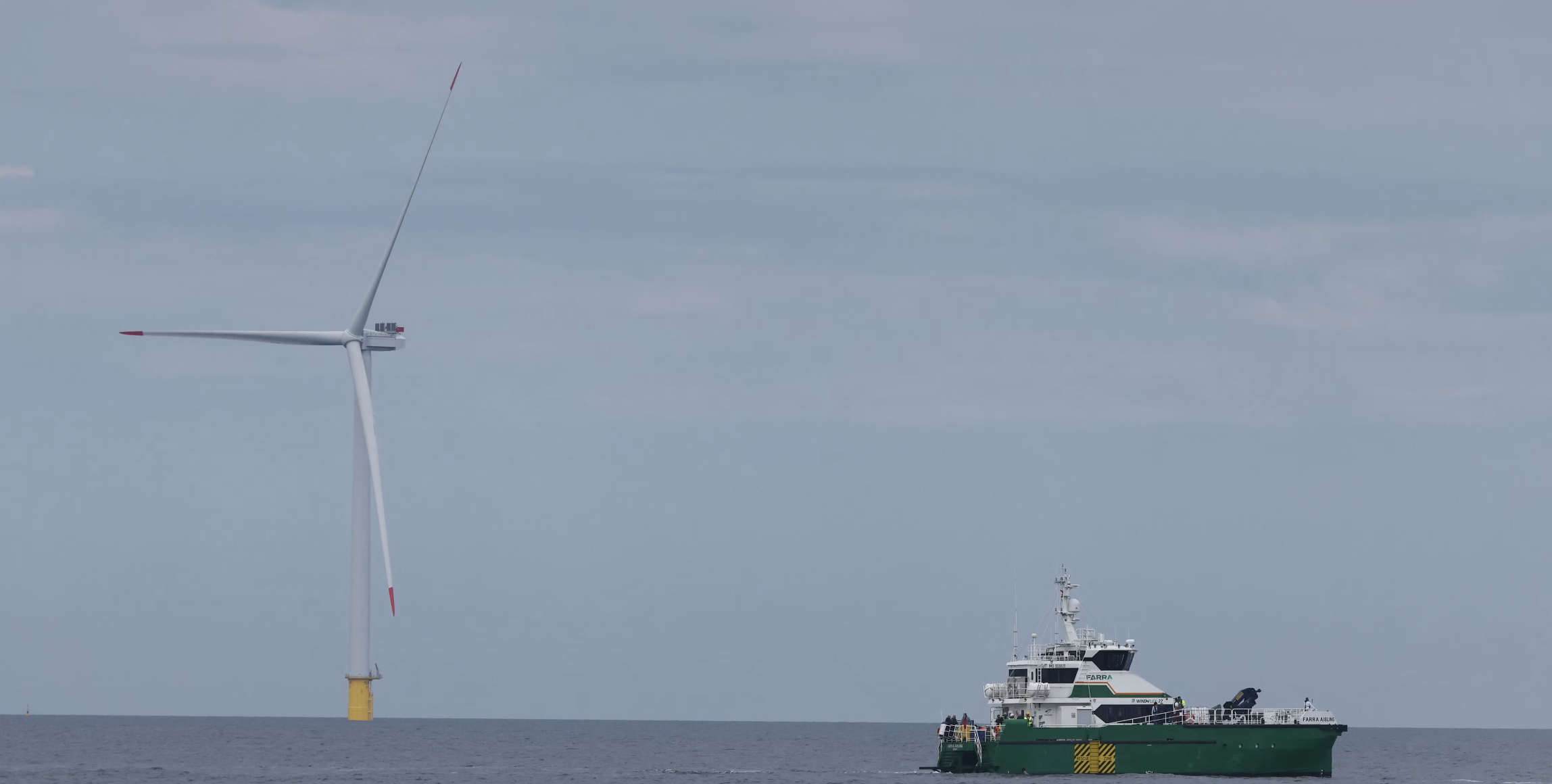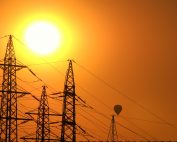Europe is facing an unprecedented climate crisis, according to a new report by the European Environment Agency (EEA). The first ever European Climate Risk Assessment (EUCRA) report paints a stark picture: extreme heat, drought, wildfires, and flooding, phenomena we’ve increasingly encountered in recent years, are poised to intensify. These are not distant threats but immediate challenges affecting our daily lives and livelihoods. Our cities and farmlands, our coasts and forests are all on the frontline of this climate battle.
Our continent, now identified as the fastest warming globally, is at a critical juncture with climate risks threatening not just the natural ecosystem but the very fabric of society, including energy and food security, infrastructure, water resources, financial stability, and health. Yet, as the EEA starkly notes, Europe’s response to these burgeoning risks has been woefully inadequate.
Our policies and actions lag behind, entangled in bureaucratic inertia that could cost us dearly. The report underscores a critical point: incremental adaptation measures and delayed responses are no longer sufficient. For many of the climate risks we face, urgent action is needed now—even for those not yet at a breaking point.
Our new analysis shows that Europe faces urgent climate risks that are growing faster than our societal preparedness. To ensure the resilience of our societies, European and national policymakers must act now to reduce climate risks both by rapid emission cuts and by strong adaptation policies and actions.
As stated by Leena Ylä-Mononen, EEA Executive Director
Southern Europe is identified as particularly vulnerable to wildfires and the impacts of heat and water scarcity on agricultural production, outdoor work, and health. Coastal regions face threats from flooding, erosion, and saltwater intrusion, endangering densely populated cities. The EUCRA identifies 36 major climate risks across five clusters: ecosystems, food, health, infrastructure, and economy and finance. More than half demand more action now, with eight deemed particularly urgent. These include conserving ecosystems, protecting against heat, floods, and wildfires, and securing the viability of European solidarity mechanisms.
The report suggests a multifaceted approach to combat these challenges, including rapid emission cuts and strong adaptation policies. Shifting towards sustainably grown plant-based proteins, enhancing urban planning, building standards, and labor laws are among the recommended actions.
The report emphasizes the necessity of close cooperation across all levels of government. Because the climate crisis is a collective problem that requires a collective solution. The entire EU, member states, and local governments must break down silos and work together to implement the necessary changes.
Will this report be the wake-up call Europe needs? Let’s hope this knowledge reaches both politicians and their voters who, especially this year, take many important decisions at European, national and local level.
Importantly, we possess the knowledge and resources required to mitigate these risks. The crucial element missing is collective willpower and decisive action.
Our actions today determine the legacy we leave for future generations. It’s time for us to rise to the challenge and transform this crisis into an opportunity for a sustainable, resilient continent.
With each passing day, the clock ticks louder as challenges mount.













